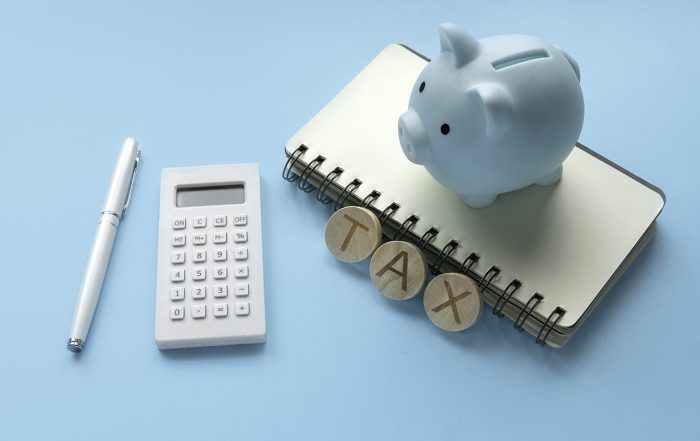While much of the information around pension planning is orientated to those with dependents, there are many people planning their retirement who are not in this situation. For those who do not have dependents, the question we are often asked at GWM is ‘what will happen to my pension pot if I pass away?’. The good news is that, with the pension freedom legislation in 2015, the options for nominating a recipient of a pension was expanded, giving individuals much more choice in who they can leave their pension to.

Who is classed as a dependent?
In regards to pensions, dependents mean a spouse or civil partner, any children under the age of 23, and anyone else who is financially dependent on you. If you have not completed a nomination of beneficiary form (also known as an expression of wish) with your pension provider, the provider (the Trustee) will pay out your pension to your dependents after your death.
What if I do not have dependents?
If you do not have any dependents, the Trustee will pay out your pension according to your nomination of beneficiary. If you have not completed this declaration, the distribution of your pension will be at the Trustee’s discretion. This can be a difficult and lengthy process, particularly if any potential claimants make an application for your pension funds.
Who can I nominate as a beneficiary?
You can nominate anybody including family, friends, a charity or other organisation, and there is no limit to the number of people or organisations you can nominate as beneficiaries. You will, however, only be able to leave a pension to charity if you do not have any dependents.
If you are gifting your pension to a charity, they will receive your pension tax free, provided the funds are only used for charitable purposes.
Please note: some retirement products and employer schemes will have different pension rules around beneficiaries, which will need checking individually.
Is my pension not part of my Will?
Although most people’s pension pots will form their biggest personal asset next to their home, a pension does not form part of your estate. This means that even if you maintain an up-to-date Will, your pension will not form part of it.
The positive aspect of this is that, in most circumstances, your pension will not incur inheritance tax and will transfer to your beneficiaries tax-free provided you die before 75 years.
However, as your pension sits outside of your estate, you will need to keep your nomination of beneficiary up-to-date with your pension provider. It is good practice to check this when making changes to your Will.
Can I gift part or all of my pension before I die?
It may be the case that as you approach retirement, you have more funds than you had planned on needing and would like to gift part or all of a pension pot. Unfortunately, the rules for pension payments are strict and payments cannot be made directly to individuals or charities.
If you are looking to contribute more to charity, donating through Payroll Giving as part of your PAYE or declaring your Gift Aid payments on your tax return can be a tax-efficient option, especially for higher earners.
Talk to us
If you would like to talk to us about pension or estate planning, the beneficiaries of your pension, or any of the matters in this article, please get in touch. Our financial advisers can help you to navigate your financial aims in the most tax efficient manner.
PLEASE NOTE: Grosvenor Wealth Management Ltd is authorised and regulated by the Financial Conduct Authority. The value of investment can go down as well as up and you may not get back the original amount you invested. Tax treatment is dependent on individual circumstances and may be subject to change. Tax planning is not regulated by the Financial Conduct Authority.
Contact Form
Please complete this form if you wish to send us your questions or if you would like to request a call back.
We look forward to speaking with you.
Recent GWM articles that may be of interest
TREASURE TROVE £26.6 BILLION IN FORGOTTEN PENSIONS
£26.6 BILLION IN FORGOTTEN PENSIONS Did you know as many as 1 in 20 people [...]
TAX-SAVING MEASURES
WHAT ACTIONS TO REVIEW BEFORE THE 2023/24 YEAR-END? Have you recently evaluated your personal tax [...]
SUCCESSION PLANNING, A FAMILY AFFAIR
A DELICATE PROCESS THAT REQUIRES CLEAR COMMUNICATION AND EFFECTIVE PLANNING Transferring wealth within a family [...]
CHANGES TO THE STATE PENSION
‘TRIPLE LOCK’ TO INCREASE BY 8.5% FROM 6 APRIL 2024 The State Pension is set [...]
BALANCING PROFIT AND PLANET
STRIVING TO USE IMPACT TO BOOST INVESTMENT RETURNS ESG (Environmental, Social and Governance) investing, a [...]
JOURNEY TO MONETARY AUTONOMY
OPTIMISING YOUR FINANCES AND FORMULATING AN ALL-ENCOMPASSING WEALTH PLAN FOR THE FUTURE Everyone is entitled [...]







